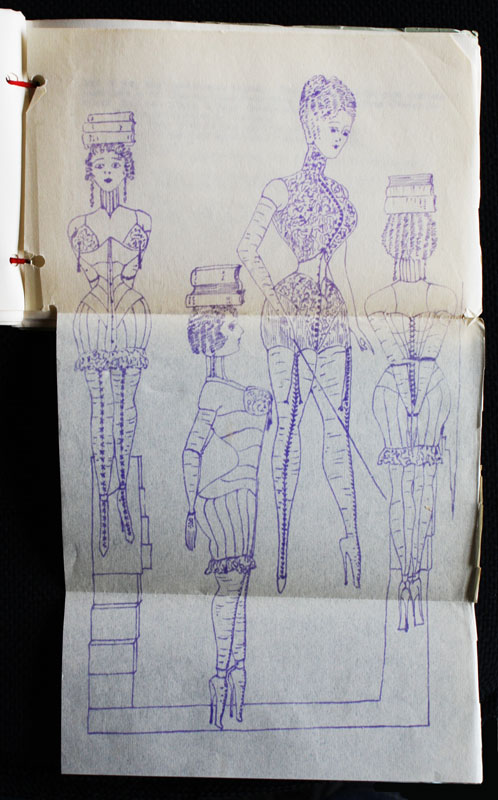

The TensorFlow SavedModel format, and the older Keras H5 format.

There are two formats you can use to save an entire model to disk: The optimizer and its state, if any (this enables you to restart training.The model's compilation information (if compile() was called).The model's weight values (which were learned during training).You can save an entire model to a single artifact. Import numpy as np import tensorflow as tf from tensorflow import keras If you only have 10 seconds to read this guide, here's what you need to know. Let's take a look at each of these options. This is generally used when training the model. Saving the architecture / configuration only, typically as a JSON file.Saving everything into a single archive in the TensorFlow SavedModel format.

Or to only selectively save some of them: The Keras API makes it possible to save all of these pieces to disk at once,
A set of losses and metrics (defined by compiling the model or calling. An optimizer (defined by compiling the model). A set of weights values (the "state of the model"). The architecture, or configuration, which specifies what layers the model. retVal = (MyDataType)_mySerializer.Description: Complete guide to saving & serializing models.Ī Keras model consists of multiple components: IsoFile.OpenFile(sourceName, FileMode.Open)) Public MyDataType Deserialize(string sourceName) _mySerializer.WriteObject(targetFile, sourceData) Using (var targetFile = IsoFile.CreateFile(targetFileName)) Public void Serialize(MyDataType sourceData, String targetFileName) _mySerializer = new DataContractSerializer(typeof(MyDataType)) IsolatedStorageFile.GetUserStoreForApplication() Private DataContractSerializer _mySerializer M_gCoordinate = new GeoCoordinate(,) ĬDataManager DataManager = new cDataManager() Īnd the DataManager Class looks like this: Geoposition geoposition = await m_gLocator.GetGeopositionAsync( M_gLocator.DesiredAccuracyInMeters = accuracyinmeter Public async Task getCurrentPosition(uint accuracyinmeter=10) Public cCoordinate(Geolocator p_gLocator) My main-class-structure is a little complex, thatswhy i tryed a small standalone class, wich is even not working. The Classes are marked with the and the members are marked with the attribut. Alternatively, you can ensure that the type is public and has a parameterless constructor - all public members of the type will then be serialized, and no attributes will be required. Consider marking it with the DataContractAttribute attribute, and marking all of its members you want serialized with the DataMemberAttribute attribute. I´m getting the following ErrorMessage: : Type '.RuntimeClass' cannot be serialized. I tryed it with several own created classes, but nothing works. I´m trying to serialize my own classes with the DataContractSerializer for the first time, but i´m getting errors while doing this.







 0 kommentar(er)
0 kommentar(er)
